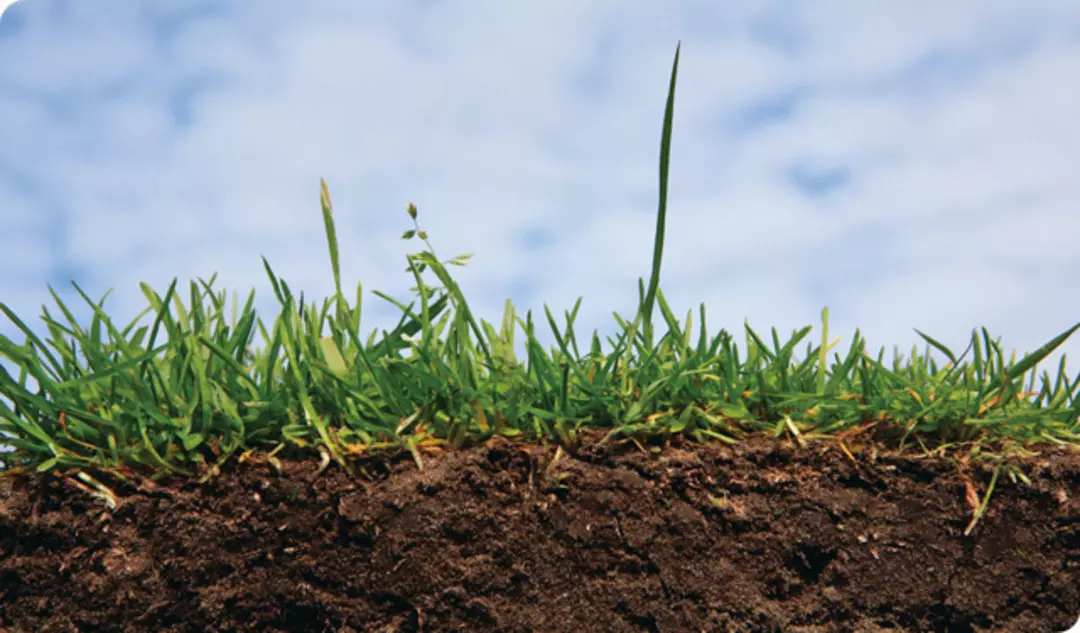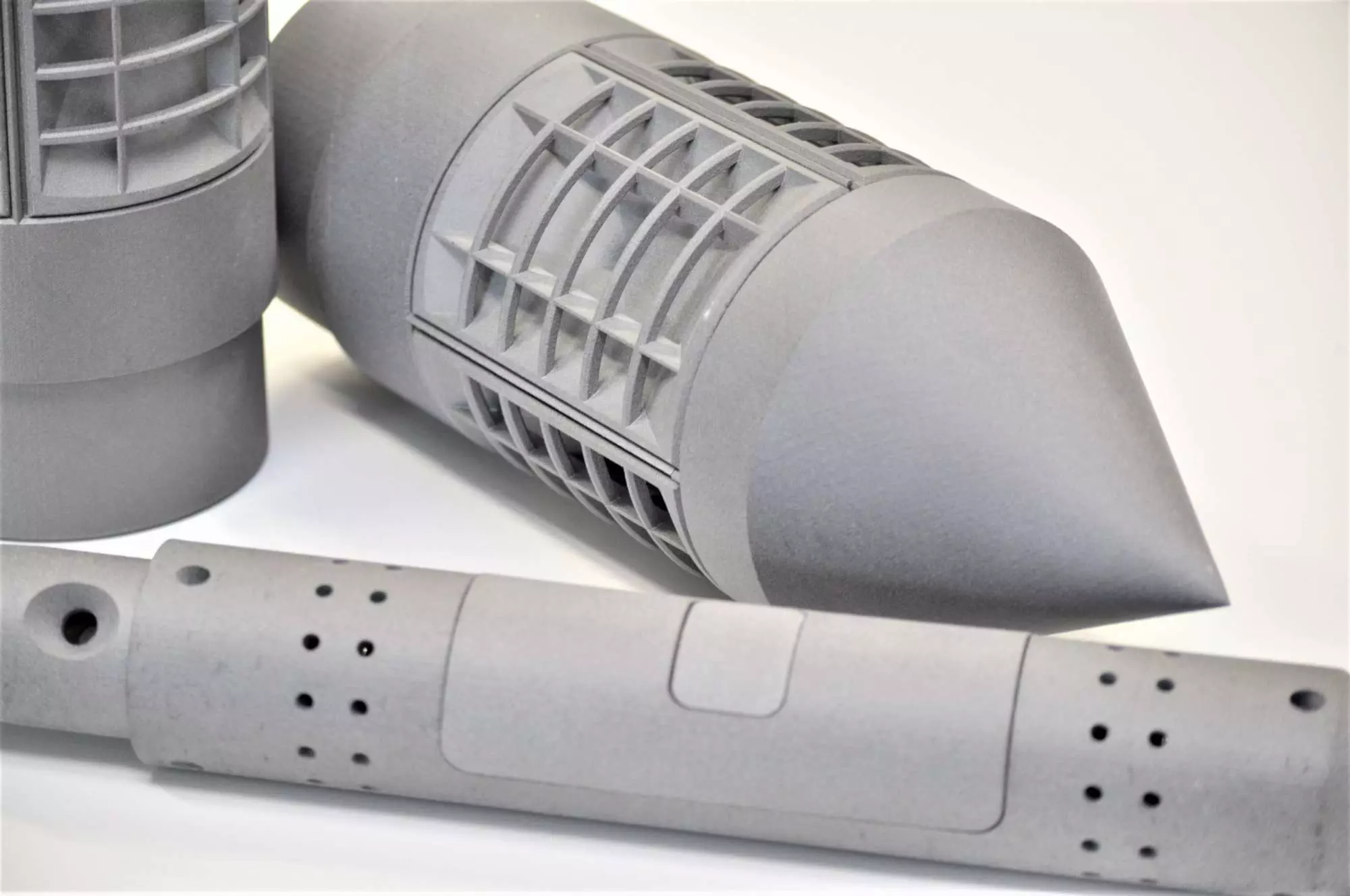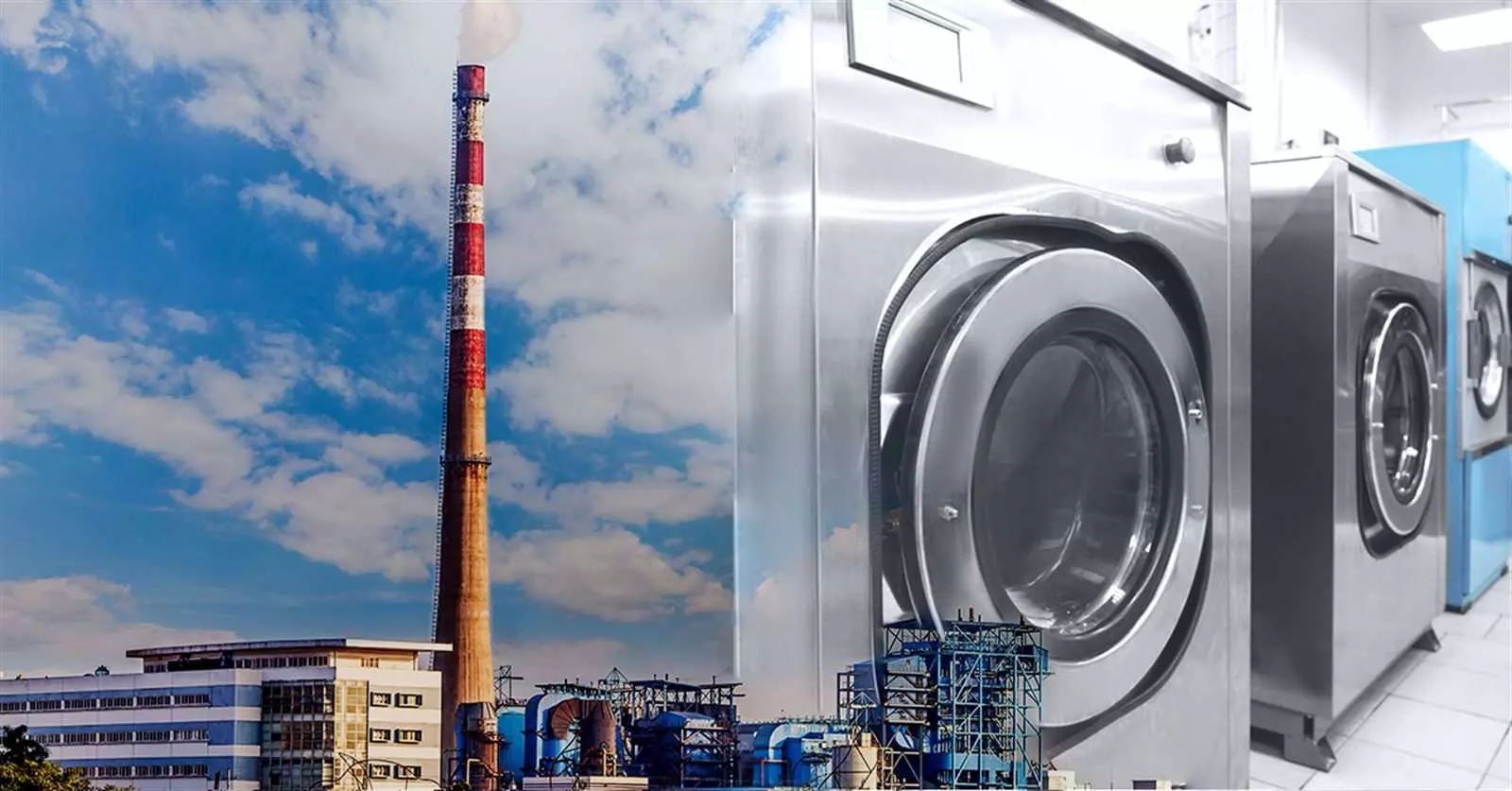How to quantify pollutant degradation in contaminated aquifers?
Posted on Tuesday 16 May 2023 Whenever sustainable degradation of pollutants in groundwater can be demonstrated,...
2 min read
 Goedele Verreydt
:
Apr 30, 2024 12:26:57 PM
Goedele Verreydt
:
Apr 30, 2024 12:26:57 PM

Posted on Wednesday 26 May 2021
Why starting an expensive remediation project when there is sufficient Natural Attenuation? But then again, how do you measure or evaluate the degradation? Isodetect, Cornet & Renard and iFLUX join forces to provide an answer to this question.
The most important process for sustainable contaminant removal is degradation. Knowing the extent of sustainable mass flux reduction of pollutants in groundwater systems is a necessity in the field of contaminant hydrogeology. To evaluate whether Natural Attenuation (NA) works as a cost-effective management of contaminated aquifers, measuring the extent of sustainable mass flux reductions needs to be done objectively. Moreover, this extent of sustainable mass flux reductions is an important parameter for the success control of biological and/or chemical groundwater remediation measures.
Despite the high need for knowledge on the extent of sustainable mass flux reduction of pollutants in groundwater systems, cost-effective and conclusive approaches are not available.
 |
|||
 |
|||
That is why, together with Isodetect (Germany) and Cornet & Renard (Belgium), iFLUX is developing the newest solution “IsoFLUX”. The goal of this collaboration is to develop a technology capable of accurately measuring the natural or stimulated degradation potential of complex contaminants in soil and groundwater.
The development of IsoFLUX is part of the Eurostars Funding program
The combination of contaminant flux measurement using iFLUX samplers and compound-specific stable isotope analysis (CSIA) will be a novel and highly innovative tool (IsoFLUX) to verify the extent of sustainable mass flux reduction. IsoFLUX aims to determine in situ degradation rate constants, which are key parameters for the modelling of the contaminant plume magnitude and behaviour in space and time. Thus, IsoFLUX will significantly contribute to the risk assessment due to more reliable prediction of the impact of groundwater pollutants on valuable receptors (e.g. drinking water wells, surface waters).
Besides the evaluation of pollutant degradation, the contaminant amount from different sources is important to know for evaluating the impact of each source contribution. This allows deriving cost-efficient concepts for contaminant source removal or emission prevention. IsoFLUX will enable the assessment of contaminant flux from various sources. Thus, it can be applied as a forensic tool, which does not only allow the identification or differentiation of multiple pollutant sources, but also their mass-flux dependent contributions to the overall groundwater pollution.
For iFLUX, the development of an IsoFLUX cartridge is a deliberate step to further diversify its product portfolio. iFLUX has managed to enforce a strong position in the soil remediation market with its groundwater and mass flux measurements. But now, because of the perfect fit with the iFLUX core competences, their scope broadens to answer the demand for degradation rates (bio stimulated or natural).

Posted on Tuesday 16 May 2023 Whenever sustainable degradation of pollutants in groundwater can be demonstrated,...

Posted on Friday 18 September 2020 Yearly, iFLUX tries to be present on events about remediation and groundwater all over the world. This...

Posted on Thursday 19 September 2019 It has been almost 20 years since Einarson and Mackay published an article about pollutant mass flux...